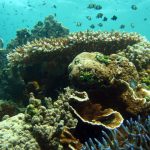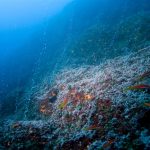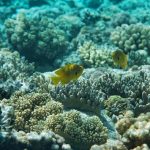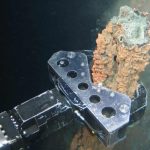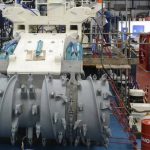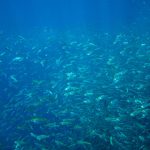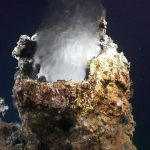FOR IMMEDIATE RELEASE:
Friday 5 July 2019
Countries fishing on the high seas of the Indian Ocean have continued to seriously fail to uphold their commitments to protect deep-sea ecosystems from deep water bottom fishing, said the Deep Sea Conservation Coalition (DSCC), as a fisheries management meeting for the Southern Indian Ocean came to an end today (5 July 2019).
At the conclusion of the Southern Indian Ocean Fisheries Agreement (SIOFA) annual meeting in Mauritius, the DSCC, which represents over 80 non-governmental organizations, called on the body to seriously step up its protection of deep-sea ecosystems, vulnerable marine ecosystems, deep-sea sharks and toothfish. Deep-sea trawling continues to be permitted on seamounts in the region with inadequate constraints in place to protect deep-sea corals, sponges and other biodiversity hot spots.
Duncan Currie of the DSCC, who attended the meeting, said: “The inadequate decisions reached fail to adequately protect deep-sea ecosystems and species at a time when we know that we must escalate our collective efforts to protect the whole ocean. Governments need to step up and resist pressure by industry to weaken protection.”
The meeting addressed contentious issues, including the rapid increases in toothfish fishing by Spanish vessels in southern parts of the SIOFA area, adjacent to areas managed by CCAMLR, the international body for managing the Southern Ocean ecosystem. CCAMLR has taken measures to better manage its toothfish stocks. Also controversial was the decision to permit a bycatch of fragile sponges amounting 300 kg limit per trawl tow, over the recommended 60 kg limit. A DSCC request to reinsert a ban on removal of shark fins was rejected. The organization did agree a high seas inspection and boarding regime, which DSCC welcomes.
Duncan Currie said: “These fisheries agreements are supposed to protect vulnerable marine ecosystems such as sponges, not sanction their destruction.”
ENDS
The Southern Indian Ocean Fisheries Agreement (SIOFA) was signed in Rome the 7th July 2006 and entered into force in June 2012. To date, SIOFA has nine Contracting Parties: Australia, the Cook Islands, the European Union, France on behalf of its Indian Ocean Territories, Japan, the Republic of Korea, Mauritius, the Seychelles and Thailand.
For further information please contact:
Duncan Currie in Mauritius on +64 21 632 335, duncanc@globelaw.com
or
Matt Gianni on +31-646 168 899, matthewgianni@gmail.com


